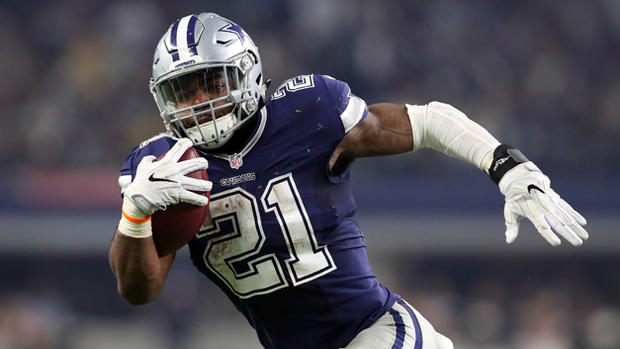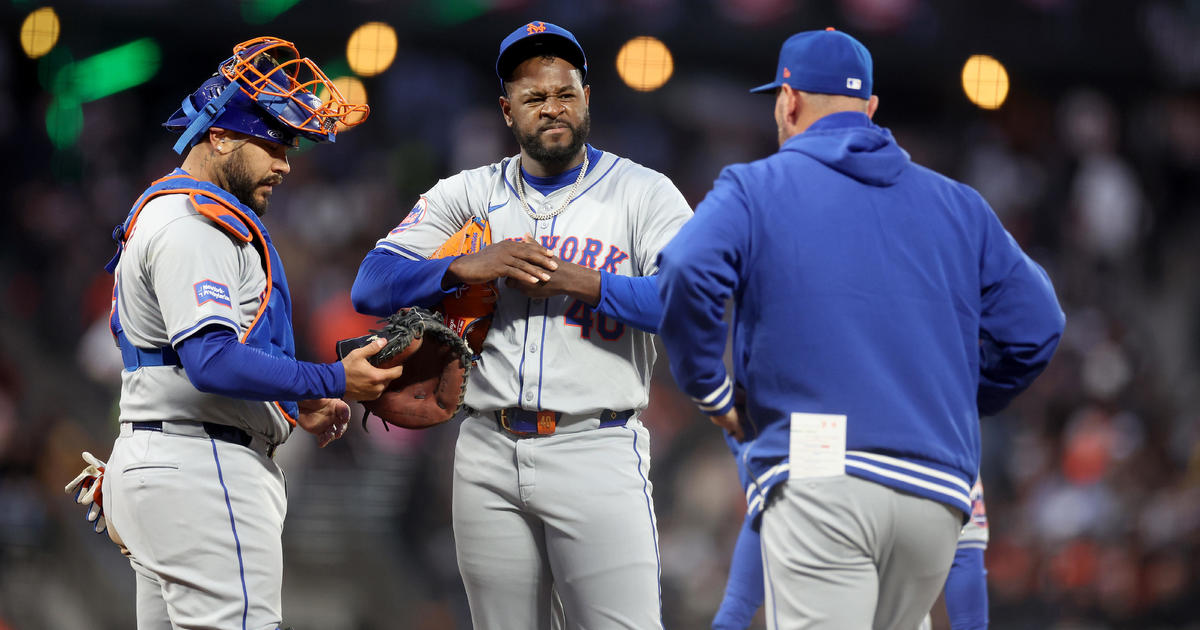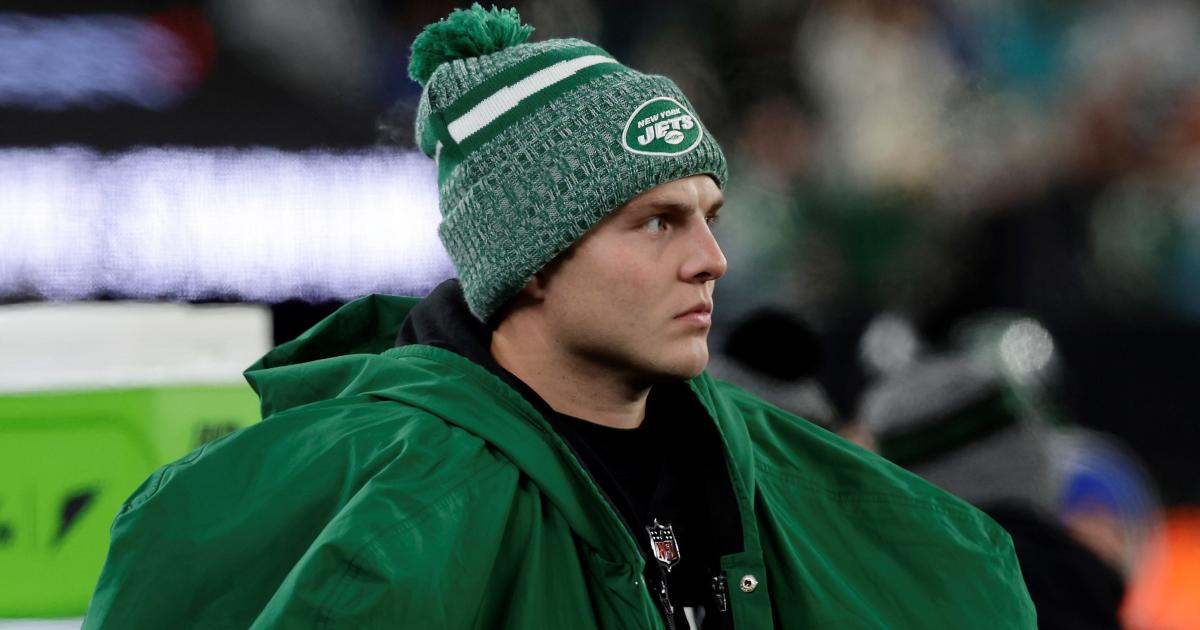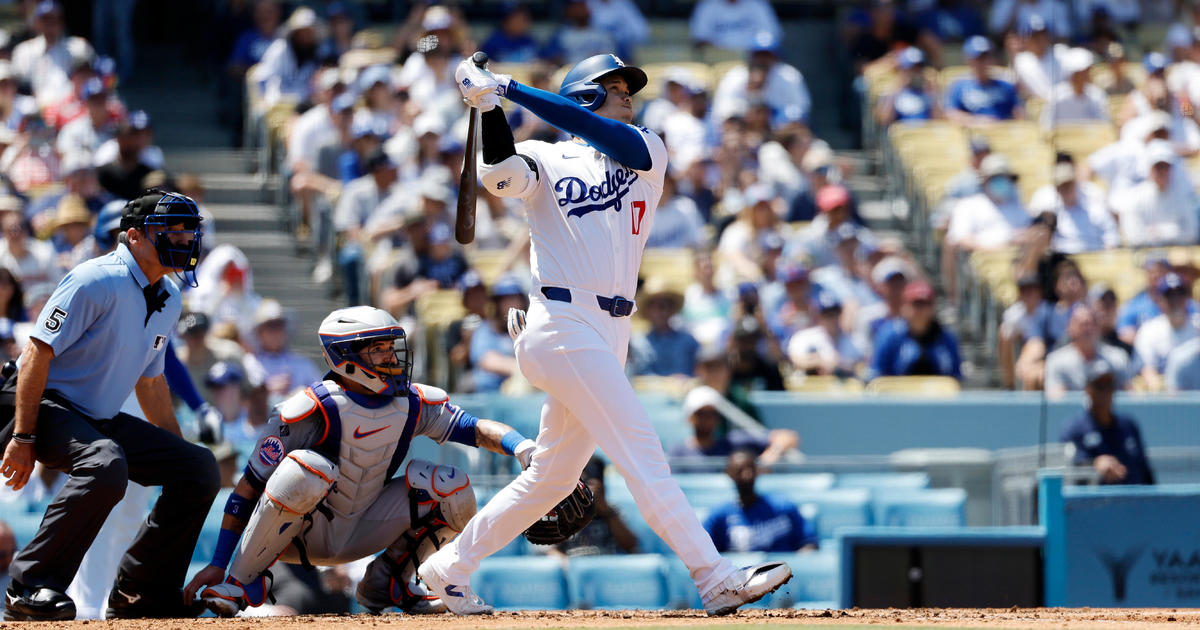Silverman: Running Game Value On The Upswing In The NFL
By Steve Silverman
» More Columns
The formula for winning football has always included a strong running game.
There was a time at the start of this decade when it looked like that aspect of the game was changing – or at least being questioned – but cooler, wiser and sharper heads have changed that perception.
Quick history lesson: In 2011, the New Orleans Saints, Green Bay Packers and New England Patriots all blasted past the 500-point mark and were thoroughly dependent on quarterbacks Drew Brees, Aaron Rodgers and Tom Brady, respectively, to light up the scoreboard on an every-game basis.
It was clear that these were the three dominant regular-season teams, but the Pats were the only team that didn't fall apart in the postseason. They barely survived the Baltimore Ravens in the AFC title game and then were beaten by the Giants in Super Bowl XLVI.
The Saints, Patriots and Packers were dominant passing teams. The Saints threw for 5,347 yards and 46 touchdowns, the Patriots passed for 5,084 yards and 39 scores, and the Packers aired it out for 4,924 yards and 51 touchdowns.
The Saints had a decent ground game, ranking sixth that season, but it was largely a byproduct of their big-time passing game. Opponents were more than happy to let the combination of Darren Sproles, Pierre Thomas, Mark Ingram and Chris Ivory try to beat them.
The Pats and Packers were in the lower half of the league in that category, and none of those teams were good defensively.
The Saints were beaten by a well-rounded San Francisco 49ers team in the playoffs, while the Packers were taken out by the Giants.
After the Giants beat the Pats in the Super Bowl, the message started to make its way around the league. Teams realized that the high-powered passing game was exciting and would put points on the board, but it was not the way to go against elite opponents.
The lesson on the importance of the running game has taken root as teams prepare for the 2017 season.
There were 12 players who rushed for 1,000 yards or more last season, led by Dallas Cowboy rookie Ezekiel Elliott with 1,631 yards and 15 rushing touchdowns, and that was a 71 percent improvement over the seven players who reached the 1,000-yard mark the year before.
DeMarco Murray of the Tennessee Titans, David Johnson of the Arizona Cardinals, Le'Veon Bell of the Steelers, LeGarrette Blount of the Patriots (now with the Eagles), and Jay Ajayi of the Miami Dolphins joined Elliott as elite running backs.
In addition to top backs who can take over games by themselves, the NFL has seen teams like the Atlanta Falcons go with the running back-by-committee approach.
The Falcons used Devonta Freeman and Tevin Coleman in a nearly perfect rotation. That duo was able to take pressure off of quarterback Matt Ryan and the Falcons' defense, and that's one of the most important aspects of a ground game in 2017.
Even at the point when general managers and personnel bosses were minimizing the running game, it still had a key strategic impact. Teams have always needed a running game that was successful in short-yardage situations so they could convert first downs or score inside the three-yard line
The other aspect was taking time off the clock in the second half.
Watch any team that does not have a ground game try to maintain a lead in the fourth quarter. That's how big leads get blown. A couple of key dropped passes end a possession quickly, give the trailing team the ball and an opportunity to cut the lead and take momentum.
It happens nearly every week.
But the selection of Elliott with the fourth overall pick of the 2016 draft may have been the tipping point. The Jacksonville Jaguars drafted Leonard Fournette with the fourth pick this year, and the Carolina Panthers selected Christian McCaffrey with the No. 8 pick.
That's a far cry from 2013 and 2014, when no running backs were selected in the first round.
Longevity remains an issue for nearly every running back. The physical abuse is a major issue, and players often break down – or at least slow down by age 26 or 27. When they reach the age of 30, it doesn't seem possible for most elite running backs to rely on their physical gifts any longer.
At that point, it's about guile, toughness and will.
But it's clear that a one-dimensional attack won't get the job done. Stars like Elliott, Bell and Murray are proving the value of the running game every week.
Follow Steve on Twitter at @Profootballboy




